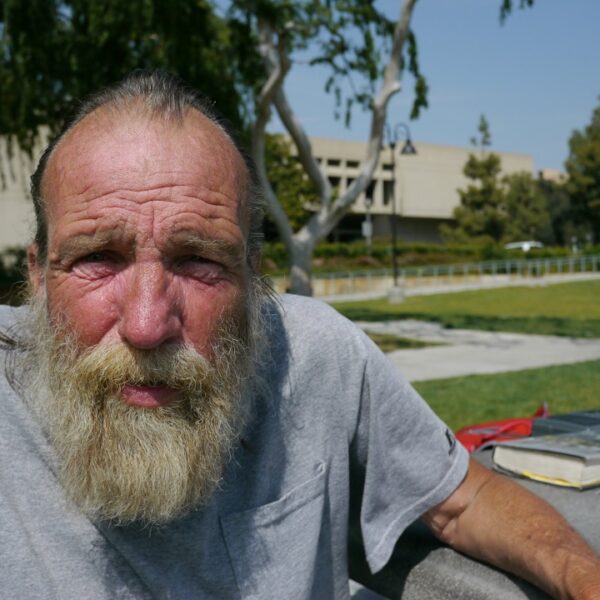A pair of Senators from California are urging congressional leaders to keep the Build Back Better Act’s affordable housing investments in place as lawmakers prepare for a second round of debates over President Joe Biden’s fiscal 2022 budget.
Senators Diane Feinstein, D-CA, and Alex Padilla, D-CA, made the request in a letter dated April 6. They sent it to Democrat leaders like Senate Majority Leader Chuck Schumer, D-NY, and Speaker of the House Nancy Pelosi.
The investments that Feinstein and Padilla specifically asked to be included in the budget reconciliation process include:
- $25 billion to increase the rate of affordable housing development
- $25 billion to expand the Housing Choice Voucher program
- $15 billion for the National Housing Trust Fund, and
- $65 billion to repair or maintain public housing units
“These investments will be critical to providing safe and affordable housing along with an opportunity to end intergenerational poverty,” the letter reads. “Low-income families would have the means to achieve greater opportunity and improve life outcomes for their children.”
The Build Back Better Act (BBBA) was introduced in October 2021 and quickly became a flashpoint in Congress. The legislative package carries a more than $3.5 trillion total potential price tag. However, some federal lawmakers want to cut more than $2 billion in government spending out of the bill.
If passed, the BBBA would “set the United States on course to meet its climate goals…and grow our economy from the bottom up and the middle out.”
One of the ways the BBBA seeks to improve the U.S. economy is by making the single largest investment in affordable housing in the nation’s history. Altogether, the package includes more than $327 billion of investments that promote the development and preservation of affordable units.
More than 1,600 housing organizations across the country voiced their support for the investments in a letter sent to congressional leaders in January. All 29 Democrat members of the House Financial Services Committee have also voiced their support for the legislative package.
But these investments have come under fire from lawmakers who want the final package to carry a lower price tag. Some experts add that more lawmakers will begin to focus on re-election efforts as the calendar turns toward primary season, which could further imperil affordable housing investments nationwide.
Democrat Sen. Joe Manchin of West Virginia has been one lawmaker from President Biden’s party that spoke out against the investments.
In February, Manchin infamously declared the BBBA “dead” during an interview with Fox News, a move that roiled many in government. A month later, Sen. Manchin laid out a reconciliation package containing housing investments that he agreed with.
The slimmed-down package, known colloquially as “Building a Better America,” included investments in expanding rental assistance, preserving public housing, and investing in future development of affordable units, according to the National Low Income Housing Coalition.
Democrats have chosen to use a budget reconciliation process to pass the legislation. This will allow them to move it with a simple majority of 51 votes rather than the 60 votes typically required in the Upper Chamber. However, this process also requires every Democrat to be on board since the Senate is evenly divided between the two parties.
Some political observers say this strategy may backfire against Democrats as the calendar turns toward primary season. Loren Duggan, the deputy news director of Bloomberg Government, recently said that top-line negotiations about the bill are expected to resume once Congress reconvenes from its Easter break on April 25.
“So I think what they’re doing is agreeing to start finding an agreement on this and working with their House counterparts to try and get a top-line early to make this an easier process because the top line opens up how much you’ll spend on the [package], and then you start arguing about the policy and the individual line items,” Duggan said. “But we’re still probably a ways away from seeing bills come out.”
How You Can Help
Now is not the time to be silent about increasing affordable housing and ending homelessness. Never has there been more momentum or grassroots support for these investments. Substantial change requires the public to get involved at every level and in every way they can.
There is too much to lose by sitting idle on the sidelines. Research has shown that poverty and homelessness are increasing across the country. It also shows that targeted government programs can significantly improve outcomes for those individuals.
That’s why you must contact your representatives and local officials. Tell them you support programs that:
- Increase affordable housing
- Work to end homelessness once and for all
- Provide meaningful healthcare and services for people experiencing homelessness
- Invest in under-invested communities













